Electric vehicle (EV) charging company EVOS announced it has signed a licensing agreement with Japanese company FKK to make and sell its residential and fleet EV charging solutions into the Japanese market.
EVOS Chief Executive Officer and co-founder, Marcelo Salgado, said the deal with FKK would allow it to leverage the Japanese company’s established sales channels and proximity to India and other Asian markets to more quickly establish an export market for its charging and energy management solutions.
“This agreement ensures that we can create chargers that suit the Japanese market, which is a logical market for us to enter given its established shipping lanes to other high-growth EV markets and free trade agreements with nations such as India,” he said.
The Brisbane-headquartered company has also announced it is now the preferred EV charger supplier for the Philippines’ largest energy retailer, Meralco.
EVOS’s products include the single-phase 7.36 kW SB7 charger designed for residential use, which can add 35 kilometres of range for every hour of charging time. The accompanying MyEVOS app can assist with tracking and managing the charging remotely.
The company also offers the 22 kW Fleet22 charger that is designed for multi-vehicle setups and is supported by the EVOS Energy platform that manages EV charging in response to total building demand.
The first chargers being manufactured under the agreement with FKK are expected to roll out near the end of Q2 this calendar year.
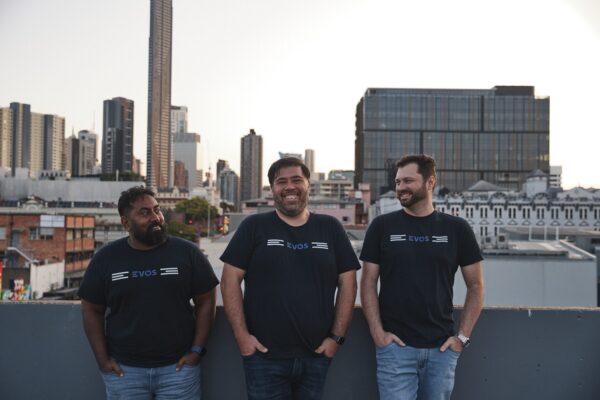
Image: EVOS
EVOS said the agreement ensures FKK will enter the EV charging space with “a ready-made and proven charging ecosystem” but stressed that the engineering and design of its charging hardware and software products for local and global markets will continue to be undertaken in Australia.
The company also said it will continue to manufacture its suite of chargers in Brisbane to meet local demand as the transition to EVs ramps up.
“Last year more than 90,000 electric vehicles were sold in Australia,” Salgado said. “The demand is here and EVs are hitting an inflection point as lower-cost models enter the market, making the entry point to EVs much lower for the average Australian.”
“The more EVs are purchased, the more charging at home and work becomes critical.”
This content is protected by copyright and may not be reused. If you want to cooperate with us and would like to reuse some of our content, please contact: editors@pv-magazine.com.
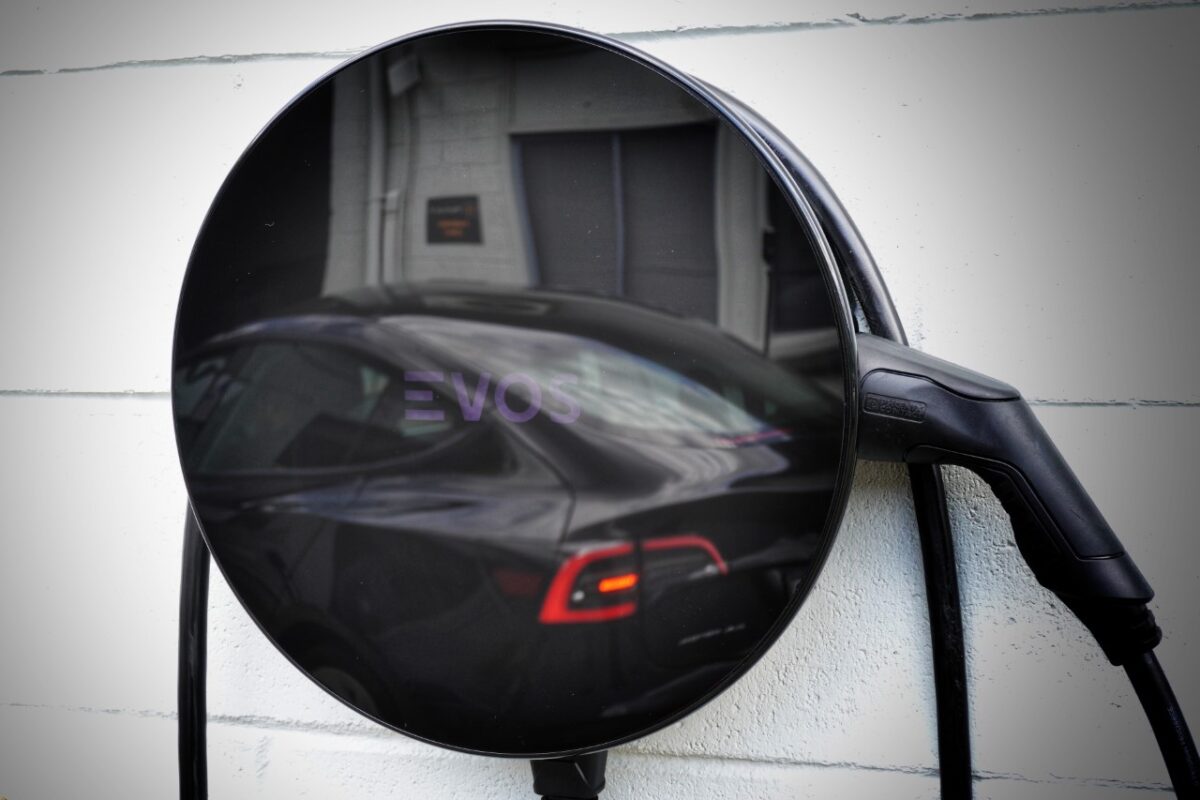
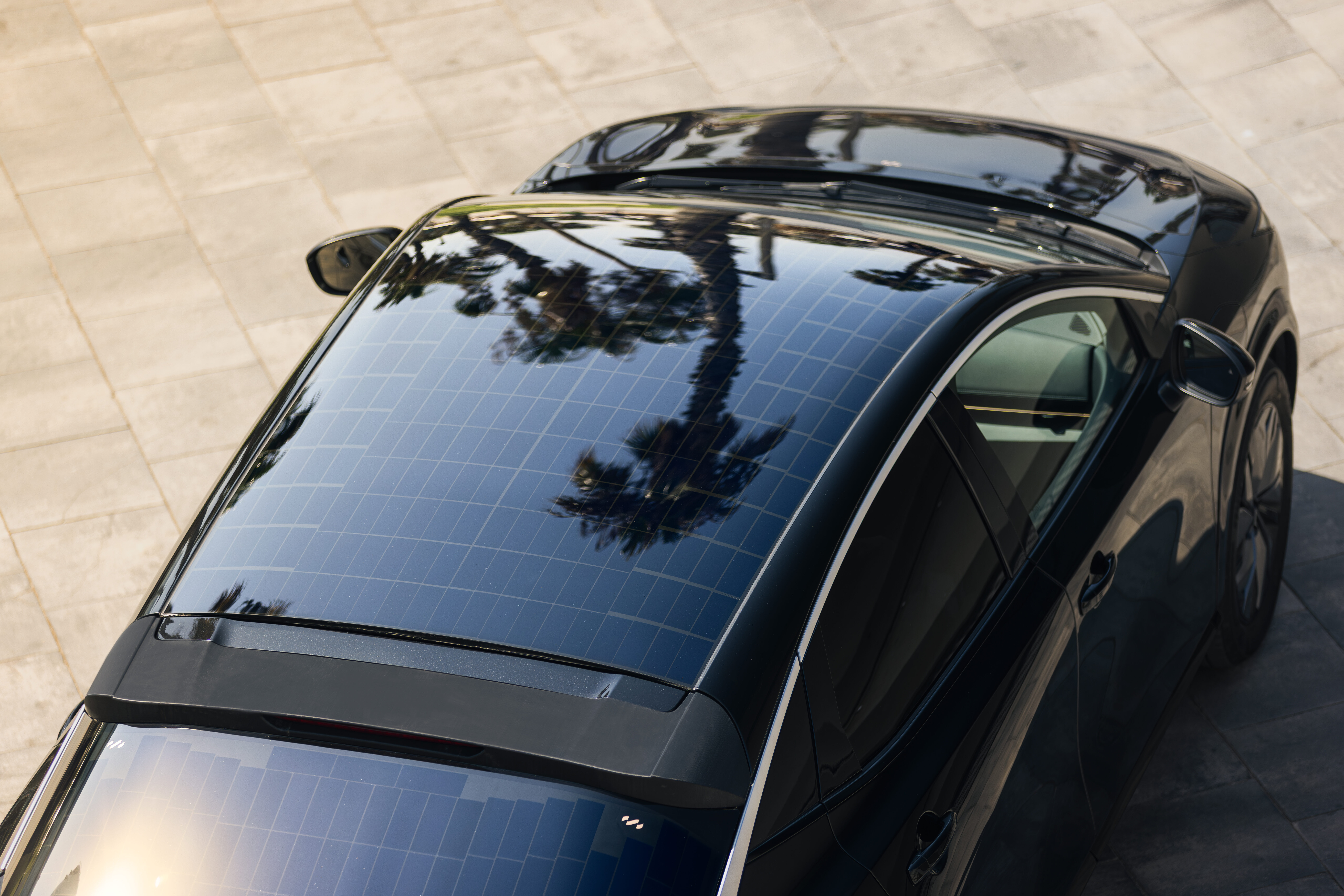


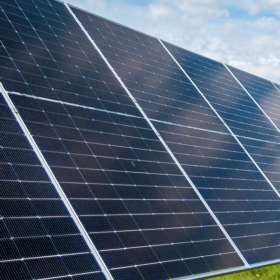


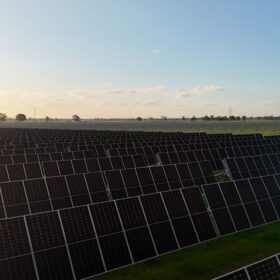
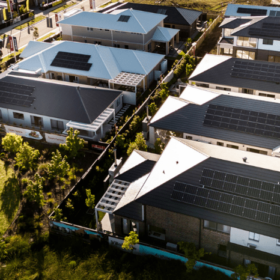
By submitting this form you agree to pv magazine using your data for the purposes of publishing your comment.
Your personal data will only be disclosed or otherwise transmitted to third parties for the purposes of spam filtering or if this is necessary for technical maintenance of the website. Any other transfer to third parties will not take place unless this is justified on the basis of applicable data protection regulations or if pv magazine is legally obliged to do so.
You may revoke this consent at any time with effect for the future, in which case your personal data will be deleted immediately. Otherwise, your data will be deleted if pv magazine has processed your request or the purpose of data storage is fulfilled.
Further information on data privacy can be found in our Data Protection Policy.